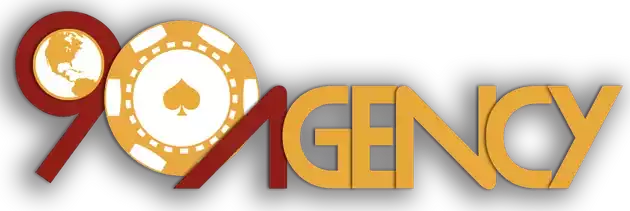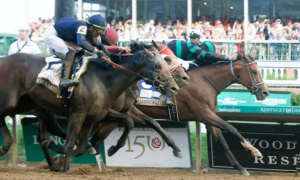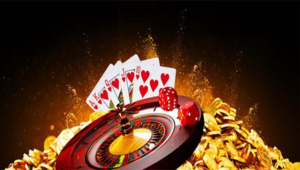When you play blackjack, you have the option of making an insurance bet every time the dealer’s face-up card is an ace. The insurance is made against the dealer’s hole card turning into a 10, which will mean that the dealer has a natural blackjack and you would lose your bet.
If you take insurance and the dealer’s hole card is a 10, then you will lose your original bet but instead win your insurance bet, which can be up to half of your original bet.
Insurance bet pays 2 to 1, which is tempting for many players, but if you take a closer look at the odds, you will find that insurance bet is not worth that much.
For example: Let’s say you bet SG$ 10 per bet. hand, and after the cards have been dealt, the dealer’s face-up card is an ace. The dealer then asks if anyone wants to buy insurance, and then you choose to make the maximum insurance bet you are allowed to make, equal to SG$ 5, which is half of your initial bet.
The game continues and you have a total hand value of 20. The dealer then reveals his hole card and it is a card with 10 in value or a ticket card (with 10 in value) so the dealer has drawn a natural blackjack and wins the hand. Then you lose your initial bet of SG$ 10 and make an insurance bet of SG $ 10 (SG$ 5 of them equals your insurance bet)
Then you actually bet SG$ 15 (SG$ 10 of your original bet and SG$ 5 of insurance bet) and got SG$ 10 back, which is better than if you had only made an initial bet of SG$ 10 and lost it.
But, what would have happened if the dealer did not get a natural blackjack and you had a total hand value of 17 against the dealer’s hand value of 19 (an Ace and an 8 together)?
In this case, you would have lost your initial bet of SG$ 10 and the insurance bet of SG$ 5, so you would have minus SG$ 15. You need to keep in mind that this scenario is more likely as the dealer’s chance of getting a natural blackjack equals one in three when the dealer’s face up is an Ace.










